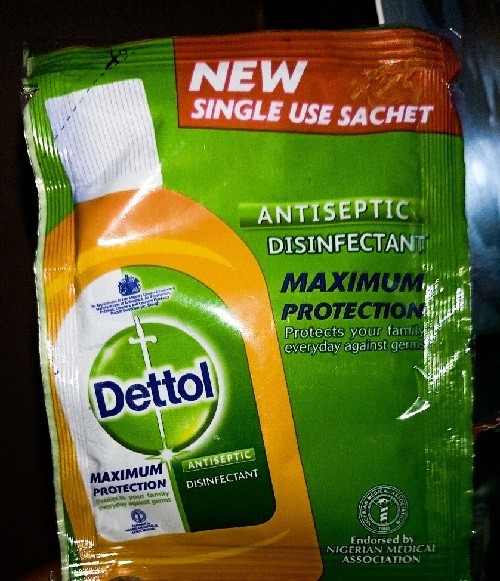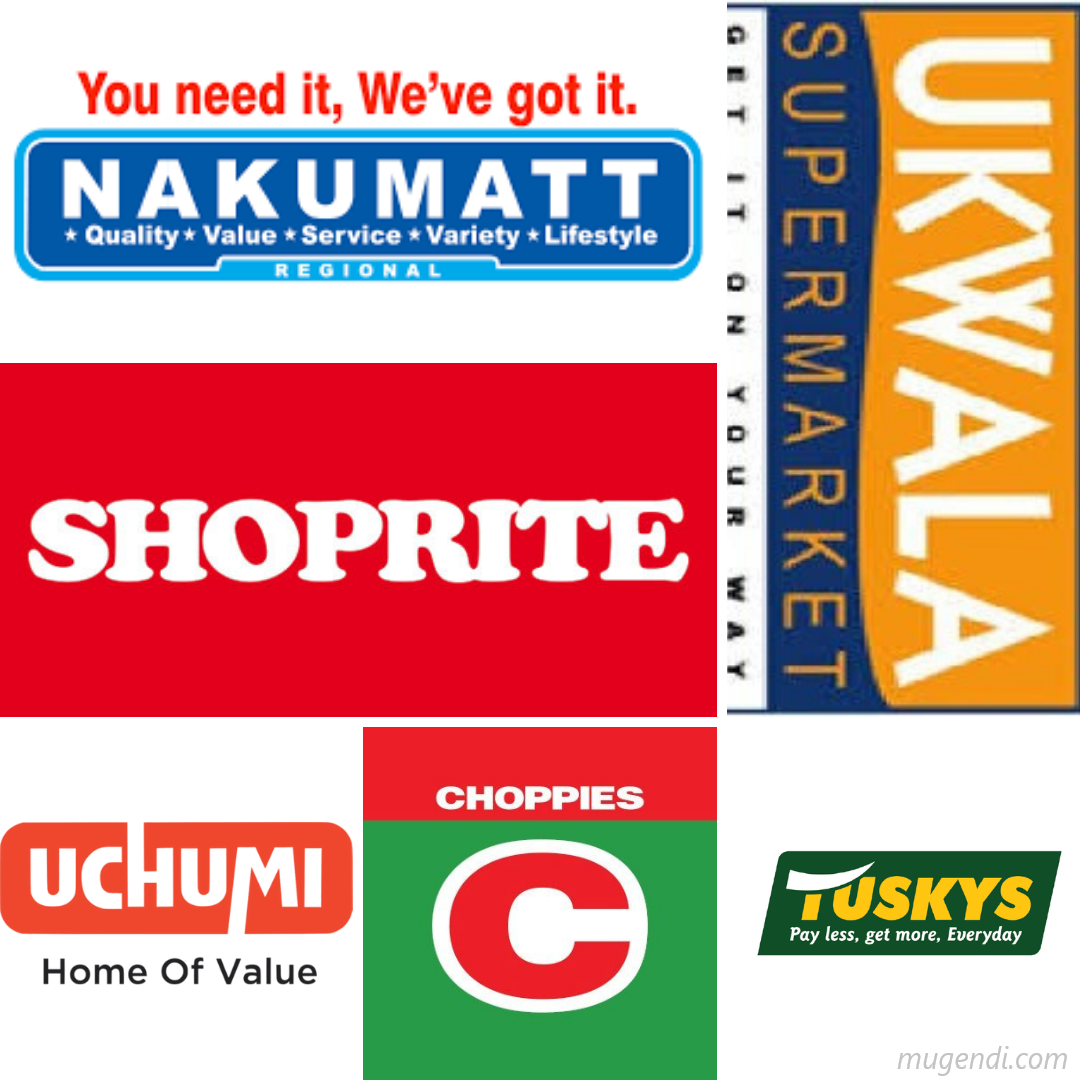
After almost ten years in operation, one of the most funded startups in Kenya – Sendy – recently closed shop. This comes after Sendy ran out of funds. Sounds weird? Yes, the company that was valued at over KShs 10 billion late last year ran out of money to pay salaries, rent, watchman… etc.
This seems to surprise many people who assume that a highly funded startup ought not to fail. Sendy had so far received almost KShs 4 billion from investors and as of mid-2023, it had spent all that money and was not making enough profits to survive without the need for external funding. How and why did this happen? How can a business burn through KShs 4 billion and still not make money?
Sendy is not the first highly funded startup in Kenya (and in the world) to fail. Kune Foods, Notify Logistics, WeFarm, and BRCK are some of the many that have recently met their demise in the rough waters of the Kenyan economy. To understand why all these startups fail, there is one misconception that people need to get rid of; that the death of a business is something strange or unexpected.
Death is Written
One thing is certain in business: death. It can come from natural causes (like Covid) or human causes (like mismanagement), but it will come sooner or later. It’s just a question of when. Death is more certain than taxes because some clever business people can avoid paying taxes. But death. Death is inevitable, and the average business today only lasts 17 years. In 1958, it was 61 years.
If you don’t believe me, try to name three famous companies that have reached their 200th anniversary.
This is especially true for startups, which tend to die faster than other businesses. Worse if they are tech startups. Tech startups have a short and flashy life, like Simon Makonde. They sprout up like mushrooms and in no time, they are worth more than many solid companies (Uber has a bigger market cap than Honda). And then, before the management can take their seats, tech companies disappear and leave no trail. Thus, it should not shock anybody that a tech startup closed shop.
Big Money, Short Life
Nevertheless, we would at least expect that highly funded startups would be better at escaping death. After all, money can cure a lot of things. Why then does a startup that has received KShs 4 billion end up not taking off? Are you saying that all that funding could not translate to a profit?
To answer this question, we need to understand what funding and valuation mean.
What determines the worth of a startup? It depends on market size and potential, and that is valid if the startup will be able to execute its vision. But even the potential of a startup is very subjective. At the end of the day, if a startup can tell its story very well and convince potential investors, money will rain. Whether that translates to profit is a different story altogether.
Funding is essentially a vote of confidence in the future of a startup, not the current state. Investors make a (calculated) bet and hope that their investment will pay off. When you hear that a startup is valued at x amount of money, it does not tell you how profitable the business is. The simplest deduction you can make is that some people believe that the future of the startup is big. Remember that those investors can (and often) get it wrong. In other cases, investment in startups works like a pyramid scheme where initial investors make their money and exit, and the last person will be left with a dead body in their hands. Only time can validate a bet made by investors.
The investors also know that they are making a gamble. Usually, the strategy is to identify several high-value startups and invest in them. Most will fail, but a few will succeed and earn you more than enough to cover your losses from the failed ones.
Back to Sendy
Sendy had a big dream. Imagine a Kenya where every delivery was done by Sendy. Online shopping, parcel delivery, retail goods, construction materials… that is a big market and if Sendy could hack it, they could have become an elephant (or a unicorn). Imagine the possibility of enabling a trader from Kitui to sell curio to buyers in Kumasi, both by moving the goods and facilitating payment. What a dream!
But in the real world, all dreams are not valid. To achieve that Sendy needed a miracle. They tried, they needed more time to keep trying and make it work, but they ran out of money before the dream could be realized. They were a big plane trying to take off from a short runway, and no one was willing to give them money to extend the length of the runway they had. The only way out was to abort the take-off.
Armchair experts are full of ideas on what Sendy could have done differently, but remember, it is never that obvious.




